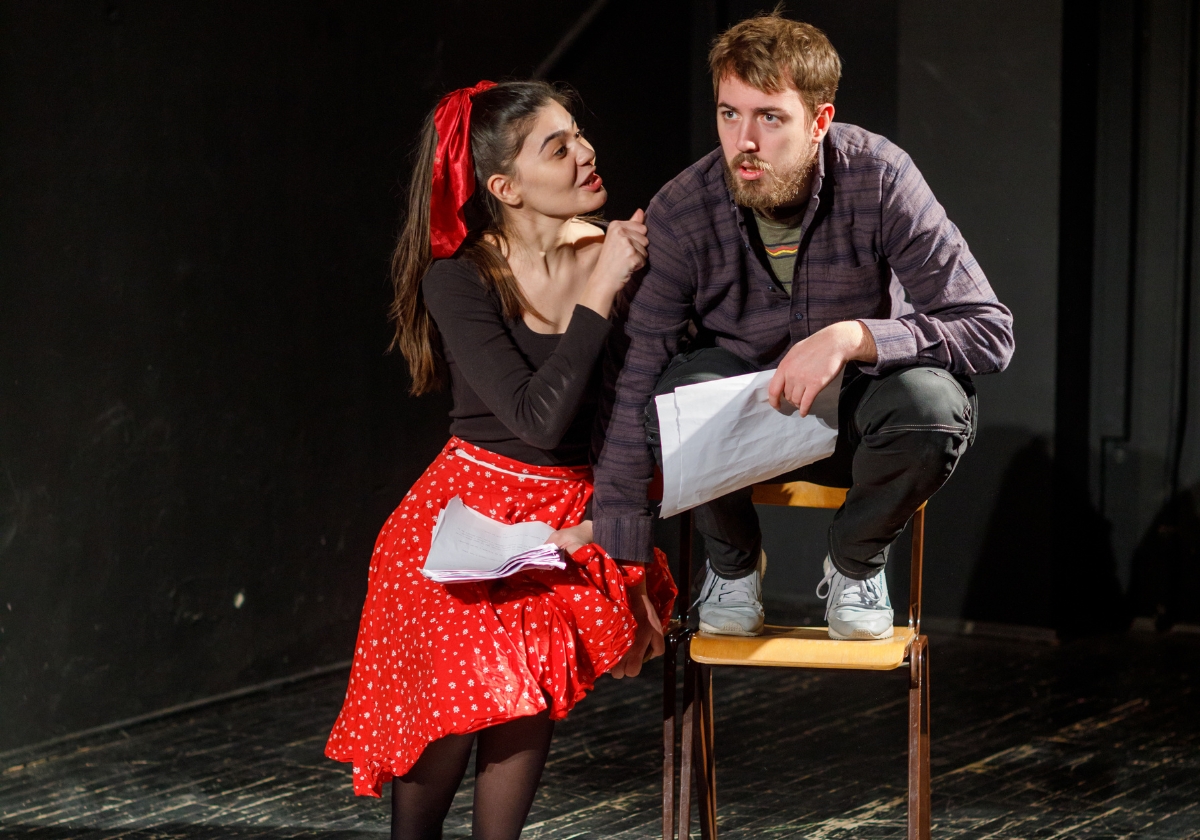Method Acting is one of the most widely known and discussed acting techniques in the world. Popularized by legendary actors like Marlon Brando, Robert De Niro, and Meryl Streep, it offers a deep, immersive approach to character portrayal. But what exactly is Method Acting, and how can it help or hinder an actor’s performance? Let’s explore the pros, cons, and techniques of this transformative style.
Pros of Method Acting:
One of the major advantages of Method Acting is its focus on authenticity. By drawing on personal experiences and emotions, actors can create truly believable characters. This approach allows for emotional depth and intensity that resonates with audiences. It’s particularly effective in roles requiring complex emotional transitions.
Cons of Method Acting:
Emotional memory and sense memory are core techniques of Method Acting. Emotional memory involves recalling personal experiences to generate real feelings, while sense memory focuses on using sensory details to trigger emotional responses. This helps actors connect on a deeper level with their characters.
Key Techniques:
Acting is often about teamwork. Rehearsing with your fellow cast members allows you to build ensemble chemistry, creating a dynamic that feels organic and real on stage or screen.
At Roshan Taneja School of Acting, we provide training in Method Acting, offering actors the tools to explore both their strengths and limitations. Join us to unlock the transformative power of Method Acting and bring your characters to life with unparalleled authenticity.

